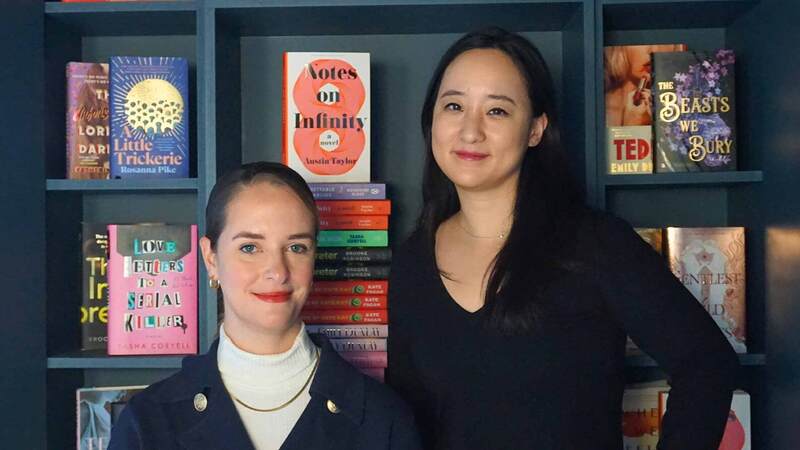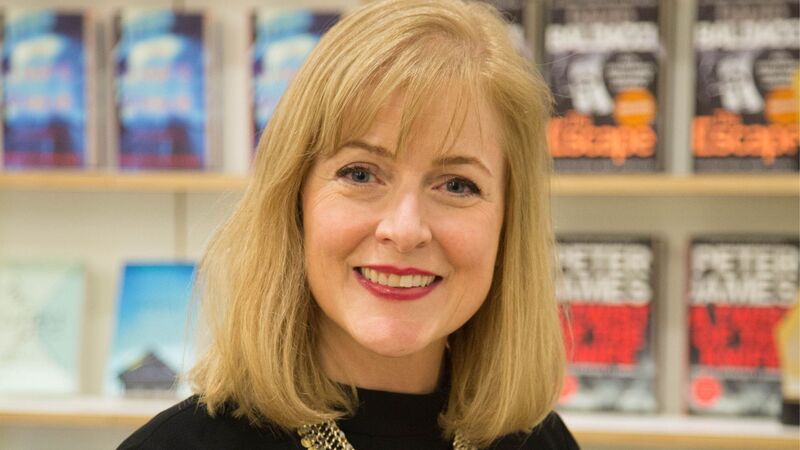New CILIP chief wants to give libraries ‘a seat at more senior tables’
Louis Coiffait-Gunn may have only a few months at the charity under his belt, but he is determined to show government just how necessary libraries are
When I sit down to speak with Louis Coiffait-Gunn, the new chief executive of the Chartered Institute of Library and Information Professionals (CILIP), formerly director of policy and public affairs at the Publishers Association and successor of Nick Poole, he laughs that I find him only 78 days into the role.
“I’m less than three months in,” he says, “And in terms of vision, CILIP is a very well-established organisation. It’s 147 years old, with 50 staff and thousands of members. So the idea that I would come in within the first few weeks and have a really strong vision is a bit arrogant.”
But he sees the timing of his appointment as auspicious. “[CILIP] already has a five-year strategy, ‘We Are CILIP’, and I’ve come in three-and-a-half years through that,” he explains. “From 2026 we’ll be starting a new five-year strategy, but the process begins from January next year, and that’s timed quite nicely with the new government. So I’ve got seven months to get my head around the place.”
Being so new to the role, too, means Coiffait-Gunn is in “the sweet spot, where you haven’t drunk any of the Kool-Aid”, and as such is seeing “everything without filters”.
“There are some real opportunities for the profession, and for the sector, to raise its profile, be more positive and forward thinking, and demonstrate in a more persuasive way the wide range of things it does,” he says, adding that he’d like to “have a seat at more senior tables with the new government, work with partners more effectively, and work within the sector more effectively”.
He sees CILIP’s multifaceted role, which involves bringing together a “very broad profession”, as being fundamentally about “shouting about all the great stuff the sector does.”
“Everyone trusts librarians, everyone loves libraries, but they probably have a slightly outdated sense of what both are without realising the kind of broad and varied range of people and functions they have,” he explains.
“I think we slightly punch below our weight, and that’s partly to do with it being quite a modest profession. We are often in the background, we’re often helping others, we’re not out front, shouting. And that is the opportunity for CILIP, to really shout, and not be modest. I feel like, even in my first 78 days, I’ve learned so much about what CILIP does that I literally had no idea about. I wasn’t working as a librarian directly in the sector, [though] I’ve worked around the sector [as, for example, a creative industries Trade Advisory Group member in the Department for Business and Trade]. So there’s an opportunity to just get the word out in a positive, appealing way about all the amazing things the profession does. It’s a challenge, but also an opportunity.”
’Being able to trust information, and having the skills to work out what you can trust—digital media literacy—those are really key skills for a functioning society’
One of the first things Coiffait-Gunn has overseen as chief is launch the Trust Libraries campaign, which outlines 10 pledges to the government. It is hoped these will “demonstrate how the sector can help achieve benefits for the public.” Pledges include to deliver trustworthy information and access to culture; inform better decisions, including in business, health and government; offer a warm welcome and a safe place for all; and champion the right to read and intellectual freedom.
The hope is for the new government to acknowledge library services, librarians and information professionals as “there in support”.
“We’re often not the people discovering the new invention; we didn’t discover the Covid vaccine. But you can bet the people who did discover the vaccine were relying on librarians and information professionals to support that effort. So understanding the existing research, making sure the research data was in a format that people could access securely—these are core skills for our profession. We’re in support mode: we support people and you can trust us.”
This core sense of trust extends, too, to the role librarians and information professionals play in informing and educating around, for example, AI and mis- and disinformation, Coiffait-Gunn says. “You’ve got myths around the pandemic, people using AI, election interference, all of these things. So it feels like being able to trust information, and having the skills to work out what you can trust—digital media literacy—those are really key skills for a functioning society,” he explains. “And guess what? Librarians and different types of libraries are involved in those things really heavily.”
He also emphasises the critical role library workers play in equipping people with media literacy skills.
“From a very young age, yes you can get people into reading and literacy and support their learning. But you can also equip them with these other skills so that they can work out how to trust sources of information. It’s a set of skills that we can start equipping people with from a young age.”
Primarily, Coiffait-Gunn hopes to impress on the government how prevalent and necessary librarians and information professionals are—even if the profession tends to be “quite modest” and “in the background”.
“We’re at the heart of communities and institutions. We enable learning in all those institutions and have a positive impact on the economy,” he says. “It might be [supporting] researchers, it might be a child wanting to learn, it might be an older person who wants to pay a bill online—you name it, we’re there in support.”
As such, CILIP plans on highlighting to the government how it can support, for example, the new child poverty and curriculum reviews, as “libraries and information professionals have important roles to play in supporting learning and tackling child poverty” and in “equipping all family members with the essential skills they need to navigate the modern economy and access services”.
“If they involve us earlier then we can do more,” Coiffait-Gunn says. “If we’re part of those conversations from the beginning. That’s our offer to the government and a request for them to get involved with libraries and recognise the power and the value that they have. It’s about recognising the value of the sector and bringing it into those conversations.”
















